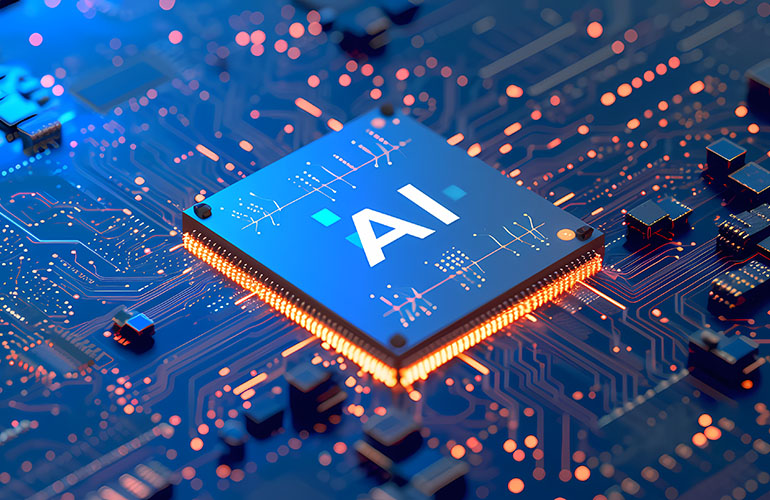Unlocking the True Potential of Artificial Intelligence
Artificial intelligence (AI) has captured the public’s imagination with its brilliance in performing defined tasks. However, the hardware needed to unleash AI’s full potential is still lagging behind. According to Pradyumna Gupta, founder and chief scientist at Infinita Lab, the memory component of hardware remains the real bottleneck in AI development.
The Challenge of the Memory Wall
Complex AI models require massive amounts of data processing and low-latency, high-bandwidth memory. The trend of placing more cores on a chip exacerbates the “memory wall” in computer architecture, as explained by Sally A. McKee and Robert W. Wisniewski in the Encyclopedia of Parallel Computing. New memory technologies are needed to push AI to its limits.
Pushing the Limits of Hardware
Companies like TSMC are making strides in chip technology, with plans to go below one nanometer and play with individual atoms. Gupta emphasized the significance of this progress, highlighting the advancements in semiconductor technology over the past decade.
A Unique Perspective
Gupta’s background in material science and technology provides a unique perspective on the challenges of R&D in physical sciences compared to software development. He emphasized the importance of ensuring access to cutting-edge testing equipment for innovators to overcome barriers to innovation.
Democratizing Access to Testing Resources
Infinita Lab aims to democratize access to material testing services by partnering with labs across the U.S. Gupta compared their model to Amazon or Uber, where the company makes services available without owning the inventory. This approach allows startups and engineers to access testing services at a low cost.
Shaping the Future World
Gupta sees AI playing a significant role in materials science R&D, enabling more efficient experimentation, data analysis, and decision-making. He believes that AI could propel R&D at a much faster pace, revolutionizing the field.
Conclusion
In conclusion, the convergence of AI and advanced hardware is essential to unlock the true potential of artificial intelligence. As the industry continues to push the boundaries of chip technology and memory capabilities, innovative solutions like Infinita Lab are democratizing access to testing resources and shaping the future world of materials science and technology.
IntelliPrompt curated this article: Read the full story at the original source by clicking here a fun game: sprunki horror

